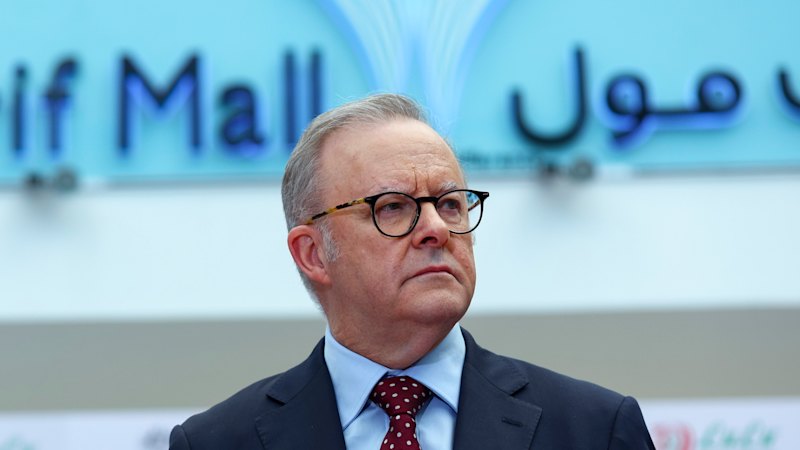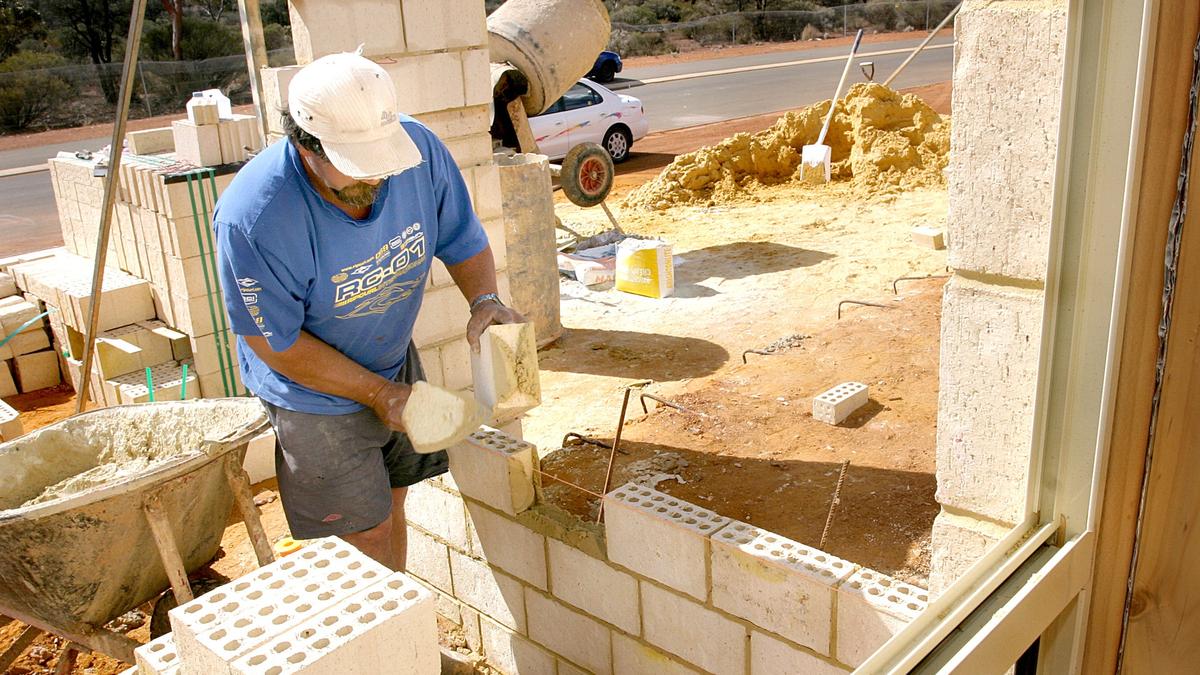
US President Donald Trump has put forward a comprehensive 20-point peace plan for Gaza, urging Israel to take decisive action against Hamas if the group fails to comply. Prime Minister Anthony Albanese of Australia has expressed support for the plan, viewing it as a significant step towards achieving lasting peace. Trump, alongside Israeli Prime Minister Benjamin Netanyahu, announced the initiative at the White House, which includes a call for an immediate ceasefire in exchange for the release of hostages within 72 hours.
Trump’s vision aims to establish “eternal peace in the Middle East” and suggests that a temporary governing body, overseen by Trump and former British Prime Minister Tony Blair, would manage Gaza’s administration. The proposal has been met with mixed reactions, with Hamas claiming they only learned of the plan through public announcements and indicating they would review it “in good faith” before responding.
The plan presents a complex choice for Hamas, which now must weigh the implications of disarming and relinquishing its governing authority for potential amnesty for members who commit to “peaceful co-existence.” Those opting to leave Gaza would be granted safe passage, but the risks associated with such a deal are substantial for both parties. Netanyahu emphasized that the situation could be resolved “the easy way, or the hard way,” asserting that action is imminent.
International Reactions and Support
The peace initiative has garnered attention from both Arab and Western leaders, many of whom have been pressing for Palestinian statehood at the United Nations. Albanese, speaking from Abu Dhabi, highlighted discussions with various leaders regarding the ceasefire and commended the focus on Palestinian self-determination within the plan. He noted the support from the Palestinian Authority and nations with significant Muslim populations, including Indonesia and Pakistan.
As the conflict nears its two-year mark, Israel faces diminishing support from traditional allies, exacerbated by the escalating humanitarian crisis in Gaza. Trump acknowledged Netanyahu’s trust in pursuing a collaborative approach to halt the ongoing violence. Former Israeli Minister Yossi Beilin remarked that while Netanyahu contributed to the plan, he does not believe the Israeli leader was solely responsible for its creation, given the tensions with the Trump administration.
Under the proposed framework, Israel would gradually withdraw its troops as an international security force takes their place. The plan includes a “security perimeter presence,” which could entail maintaining a buffer zone inside Gaza—a provision likely to face opposition from Hamas. A “Board of Peace,” led by Trump and Blair, would oversee the reconstruction efforts in Gaza.
Challenges Ahead for Hamas and Regional Leaders
Should Hamas reject the proposal, Trump stated that Israel would have his “full backing” to eliminate what he described as the threat of Hamas. Australian Deputy Prime Minister Richard Marles expressed conditional support for the plan, emphasizing the necessity of avoiding annexation of territories and forced displacements, while questioning Hamas’s willingness to disarm.
Opposition leaders in Australia criticized Albanese’s earlier recognition of Palestine, arguing it undermined his role in Trump’s initiative. Opposition Leader Sussan Ley acknowledged the desire for peace, asserting that the US remains the key broker for any resolution. Coalition senator Dave Sharma, a former ambassador to Israel, criticized Australia’s foreign policy, stating that the real negotiation work is now being led by the US and its Arab allies.
The plan also marks a victory for countries supporting the Palestinian Authority as a counterbalance to Hamas. Israeli opposition leaders Benny Gantz and Yair Lapid have expressed their support for the initiative, indicating a willingness to bolster Netanyahu’s government to facilitate peace, even amidst pressure from far-right factions.
International leaders, including French President Emmanuel Macron and British Prime Minister Keir Starmer, have endorsed the plan. Foreign ministers from several countries, including Qatar, Jordan, and Saudi Arabia, acknowledged Trump’s efforts to secure peace.
The Palestinian Authority reaffirmed its commitment to collaborating with the US to achieve a comprehensive agreement that paves the way for a two-state solution. Tensions remain high, with Hamas reportedly holding 48 hostages, 20 of whom are believed to be alive. The conflict, sparked by a Hamas-led attack in March 2023 that resulted in approximately 1,200 Israeli deaths and the capture of 251 hostages, has left Gaza devastated, with over 66,000 Palestinians reported killed in the ongoing violence, as per Gaza health authorities.
The situation remains fluid, and the coming days will be critical as the involved parties navigate the implications of this peace proposal.







